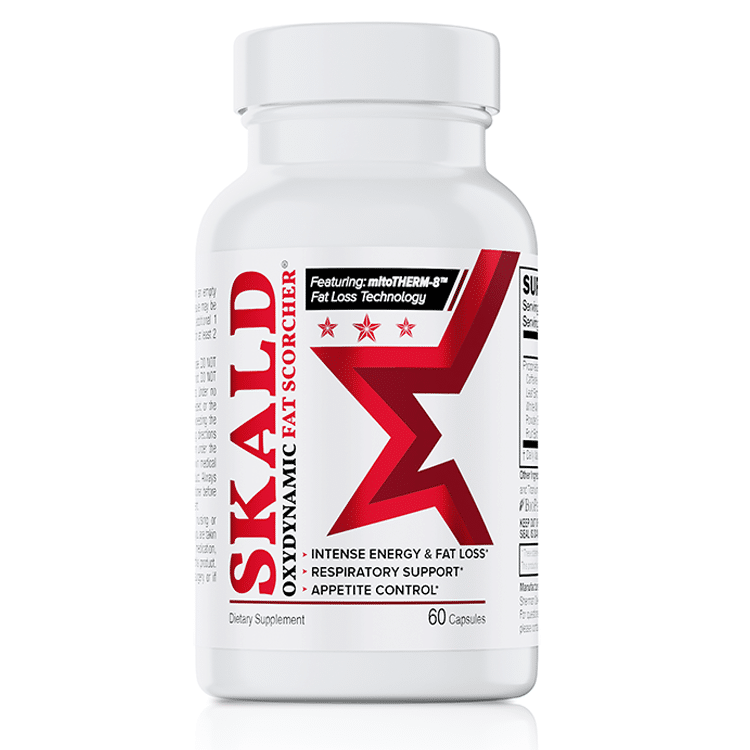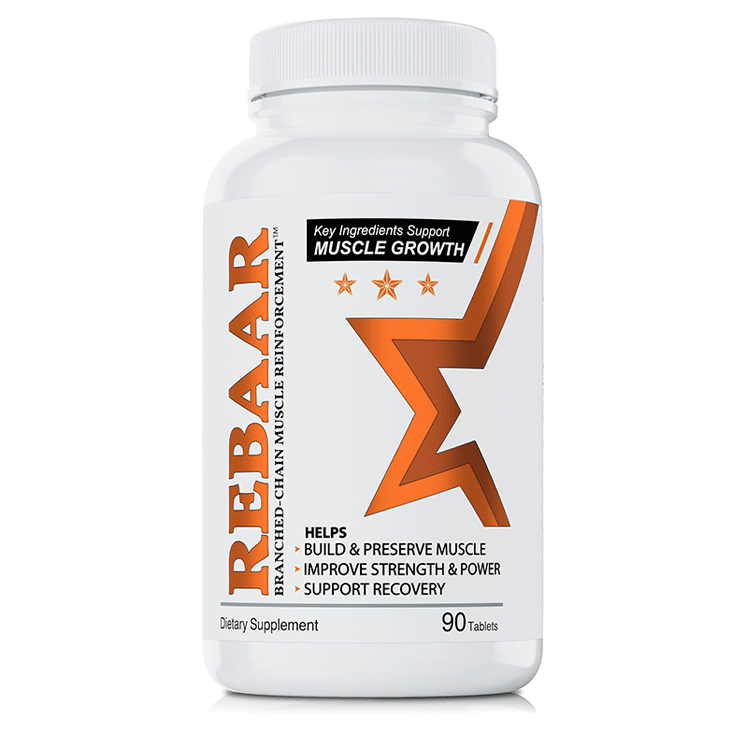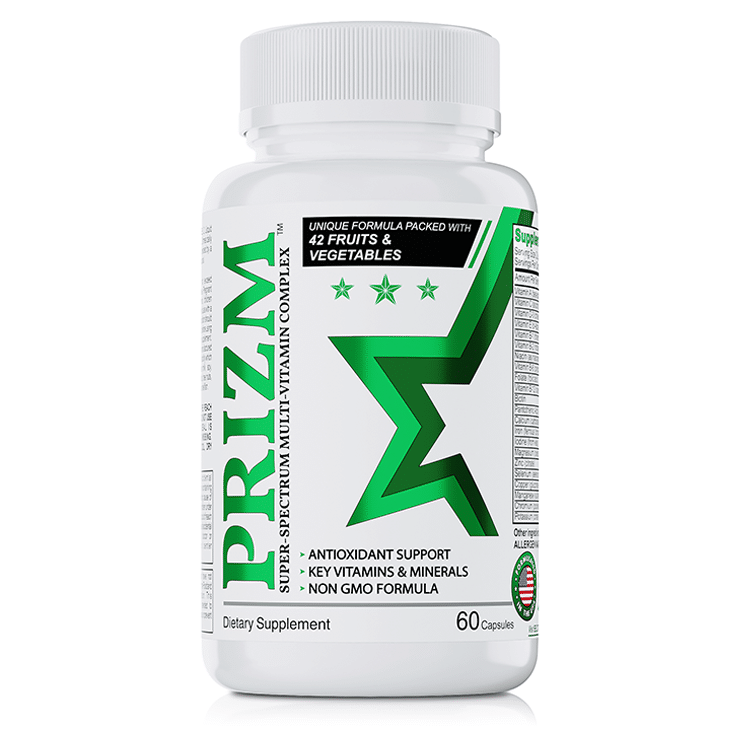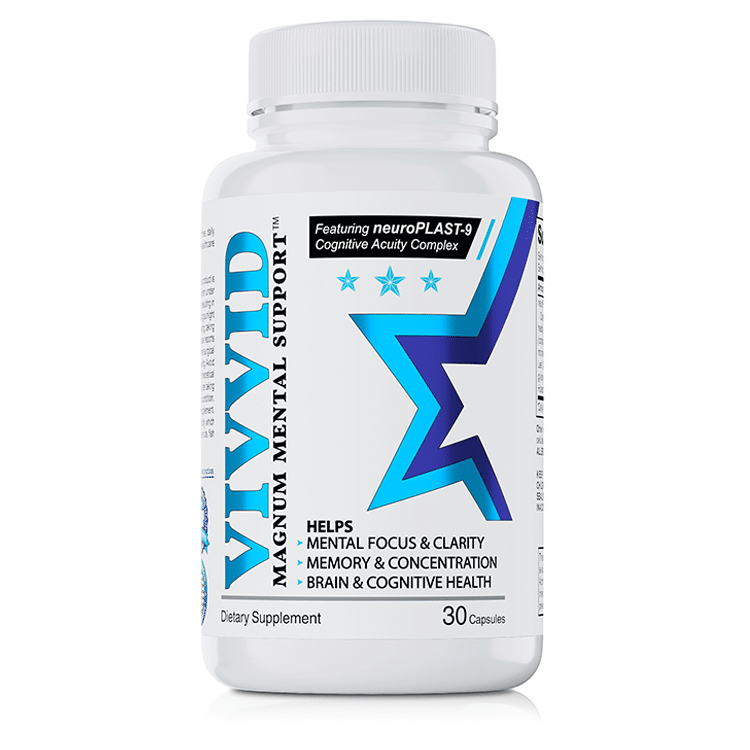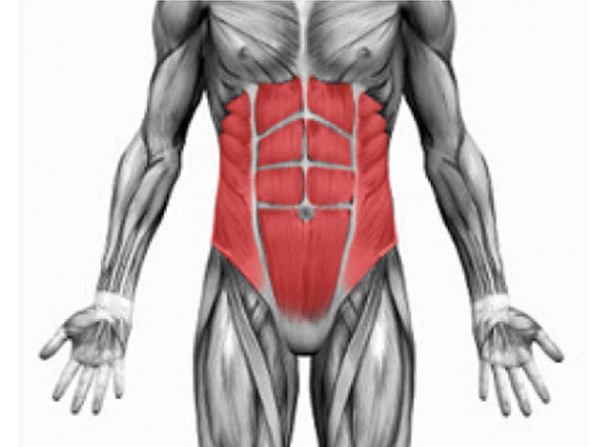Weight loss is probably the most widely discussed topic in the fields of health and fitness. Almost every single workout program seems to make claims on how much weight can be lost in those first few weeks, but is that actually healthy?
There is no doubt that a healthier diet and more physical activity will shed pounds for most people, but your scale is not always the perfect tool when it comes to measuring your health. This is why everyone should understand the difference between weight loss and fat loss, two phrases that seemed to be used interchangeably when they are actually quite different.
What Am I Actually Losing?
No matter how clean you are eating or how many times you workout per week, there is no single routine or diet that will result in only losing fat. When an individual begins to lead a healthier lifestyle they actually lose weight in a number of areas throughout their body. The primary goal may be the loss of fat, but they could also be losing weight from their muscles, fluids, and even the size of their organs. Even more confusing is the fact that your overall weight could increase from muscle growth even though you are losing fat.
Forget About Your Weight For Awhile
If you are one of those people that feel a compulsion to track your progress, stick to counting your reps during exercises, the weight you are using, or how fast you are completing milestones like running a mile. Focusing on how much weight you lose during the start of this process is not only misleading, it could in fact lead to long-term issues. Unhealthy medical problems such as dehydration and muscle deterioration may show fewer pounds on the scale for awhile, but over the course of a long period of time it will actually put you at a disadvantage.
Properly Tracking Your Health and Fitness
Once you are starting to get more energy, you can work harder at the gym, or your clothes are feeling looser, it is time to consider how to properly track your progress. Even home scales can be as much as 5 percent inaccurate and vary by over 10 pounds per day. One of the best ways to track fat loss as an alternative to weight loss is to invest in fat calipers. While these are not 100 percent accurate, they are affordable, easy to use, and can give you an accurate estimate as your health improves.
If you are serious about having a highly accurate measurement of your actual fat loss you will need to invest in some more expensive tools or have professional testing carried out. Electronic body fat scales, water displacement tubs, and ultrasound machines can all be used for more precise measurements, but carrying out these kinds of tests can become time-consuming and expensive. Most will only want these more comprehensive tests around once a year during their annual physical.
The Bottom Line of Fat Loss and Weight Loss
If you have recently given your diet a makeover, cut out processed foods, increased your workouts, and used supplements to plug in the holes in your nutrition, worrying about your weight every morning is just one more unnecessary stressor. Instead, focus on the daily tangible changes to your life that can show you how far you have come. Are you waking up with more energy? Are your old jeans feeling loose? Have other weight-related health issues such as sleep apnea diminished? Do you find yourself to be a happier, more content individual?
If you have answered yes to these questions, feel free to skip the daily weigh-in for the next few weeks.

